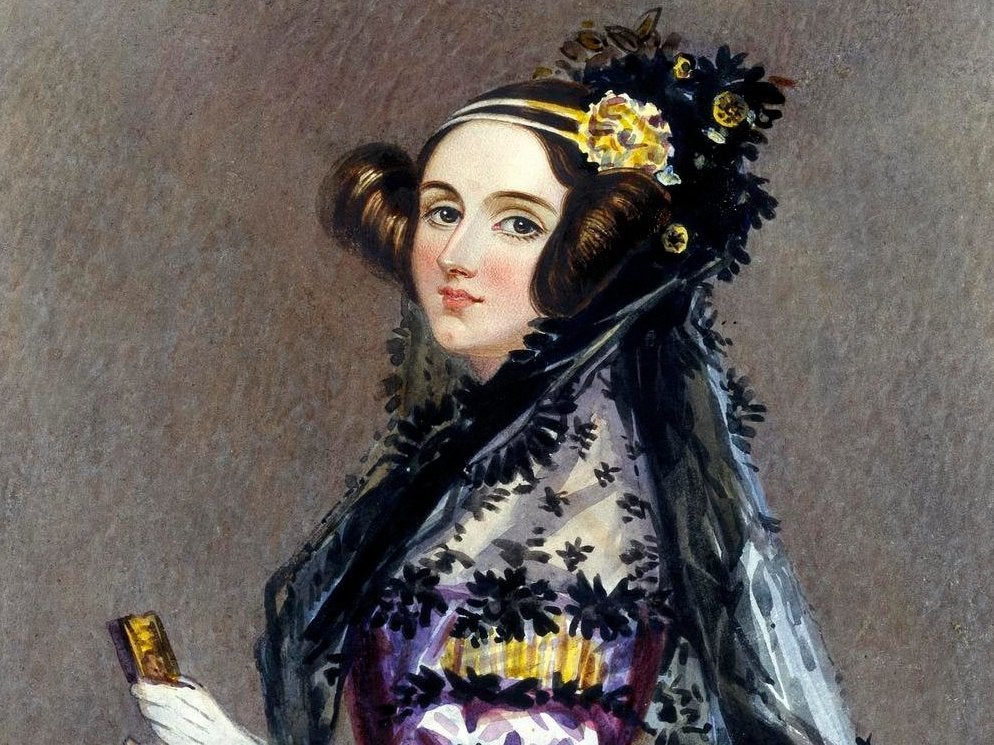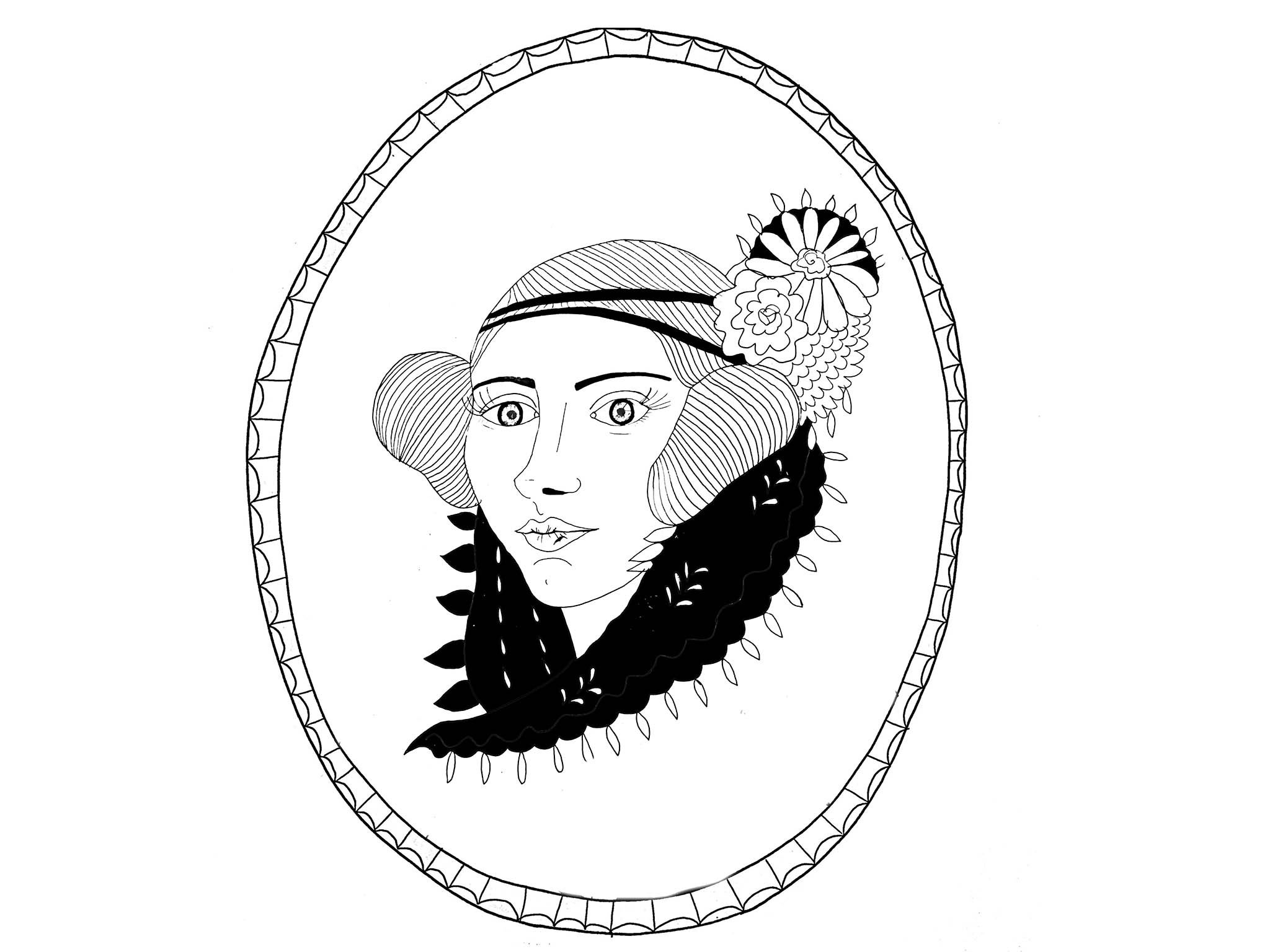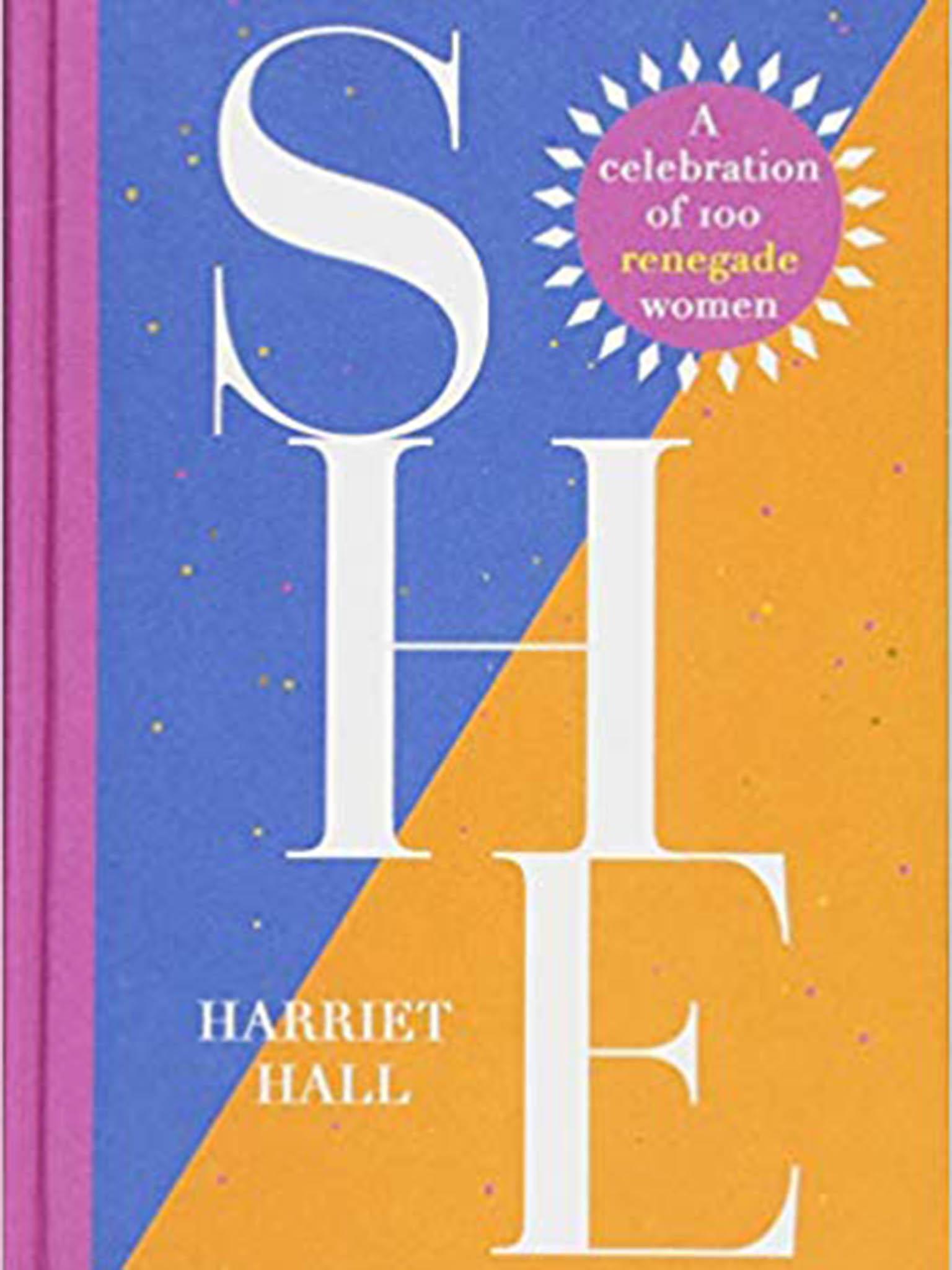The Independent's journalism is supported by our readers. When you purchase through links on our site, we may earn commission.
Ada Lovelace Day: We should never forget the first computer programmer
Day founded in 2009 to celebrate women in Stem careers


Reading through most accounts of history, we could be forgiven for assuming that women were not the warriors, the great thinkers nor the pioneering scientists who shaped and changed our world.
That men alone birthed art, churned out literature and fiercely challenged the status quo, while women functioned only within the domestic realm. But though the canon has perpetually erased the contribution of women and their work has been systematically discredited, devalued and derided, their light has doggedly broken through the cracks.
The second Tuesday of every October marks Ada Lovelace Day, a day founded in 2009 by technologist Suw Charman-Anderson, to celebrate the achievements of women in Stem careers (science, technology, engineering and mathematics), and was created in memory of one in particular: Ada Lovelace, the first computer programmer.
It’s well documented that the male-dominated Stem industries are difficult environments for women, who make up just 23 per cent of the workforce. Just last week, a leading scientist presented a talk claiming that “physics was invented and built by men”. He obviously chose to ignore contributions from Marie Curie, Lise Meitner and Chien-Shiung Wu.
Lovelace’s social standing and liberal parents enabled her to be educated in subjects usually reserved for men of her era. They enabled her to achieve things most women could not. She used her privilege to contribute work that was so ahead of its time, it took another hundred years to be fully understood. That’s quite something. For these reasons, she was a clear inclusion for this book about #RenegadeWomen.
Aada Lovelace (10 December 1815 – 27 November 1852, UK) Mathematician and computer scientist

Although never fully recognised during her lifetime, Ada Lovelace’s work prefigured modern computing and earned her the nickname the “enchantress of numbers”.

Daughter of romantic poet Lord Byron, Lovelace was tutored in mathematics and science – subjects often forbidden for girls at the time – at the insistence of her mother. At seventeen, she met the mathematician Charles Babbage, inventor of the mechanical calculator, who was to become her mentor.
Lovelace was soon commissioned to translate a French article about Babbage’s latest machine. While doing so, she went one step further, supplying her own commentary on it. She theorised that Babbage’s machine had the potential to translate music, pictures and text into digital form. Her notes were respected and published in 1843, but the theory within was so revolutionary that it took over a century for it to be recognised as the first computer algorithm and Lovelace as the first computer programmer.
Lovelace died, aged 36, in 1852 and has since received a multitude of posthumous accolades. In 1980, the US Department of Defence named a computer language after her, and Ada Lovelace Day is celebrated every October in recognition of her groundbreaking contribution to computer technology.
Extracted from ‘She: A Celebration of 100 Renegade Women’ by Harriet Hall, published by Headline Home is out now, £12.99. You can buy it here
Join our commenting forum
Join thought-provoking conversations, follow other Independent readers and see their replies
Comments
Bookmark popover
Removed from bookmarks